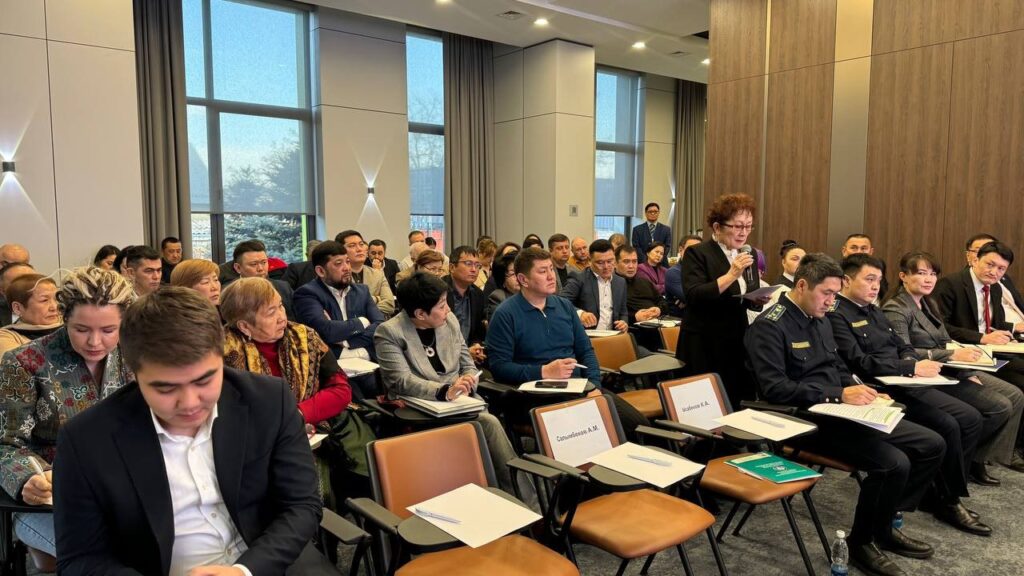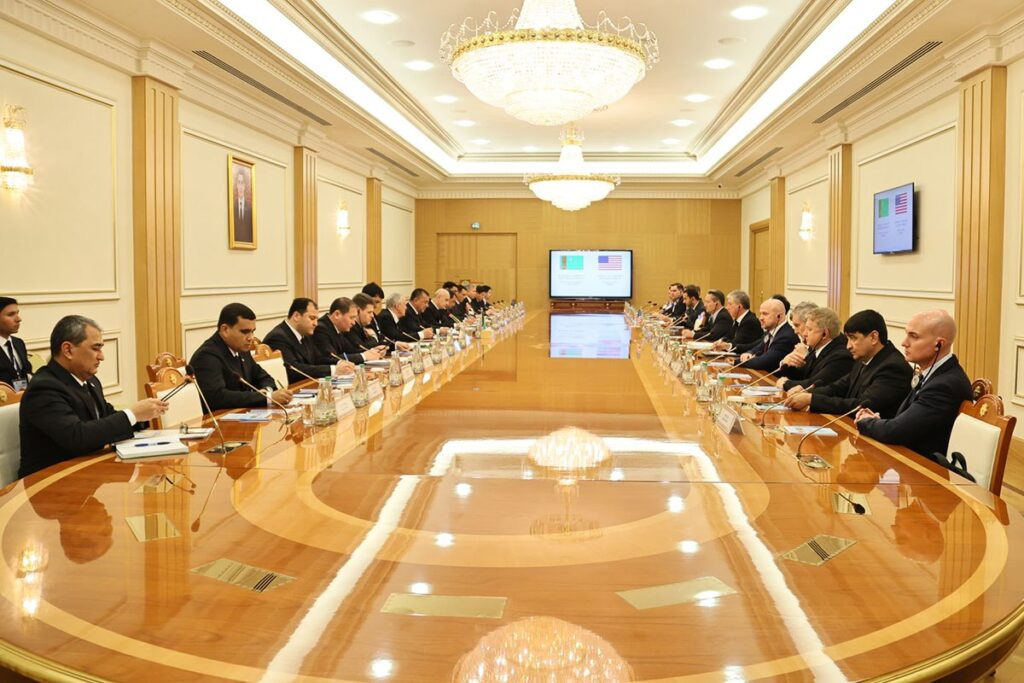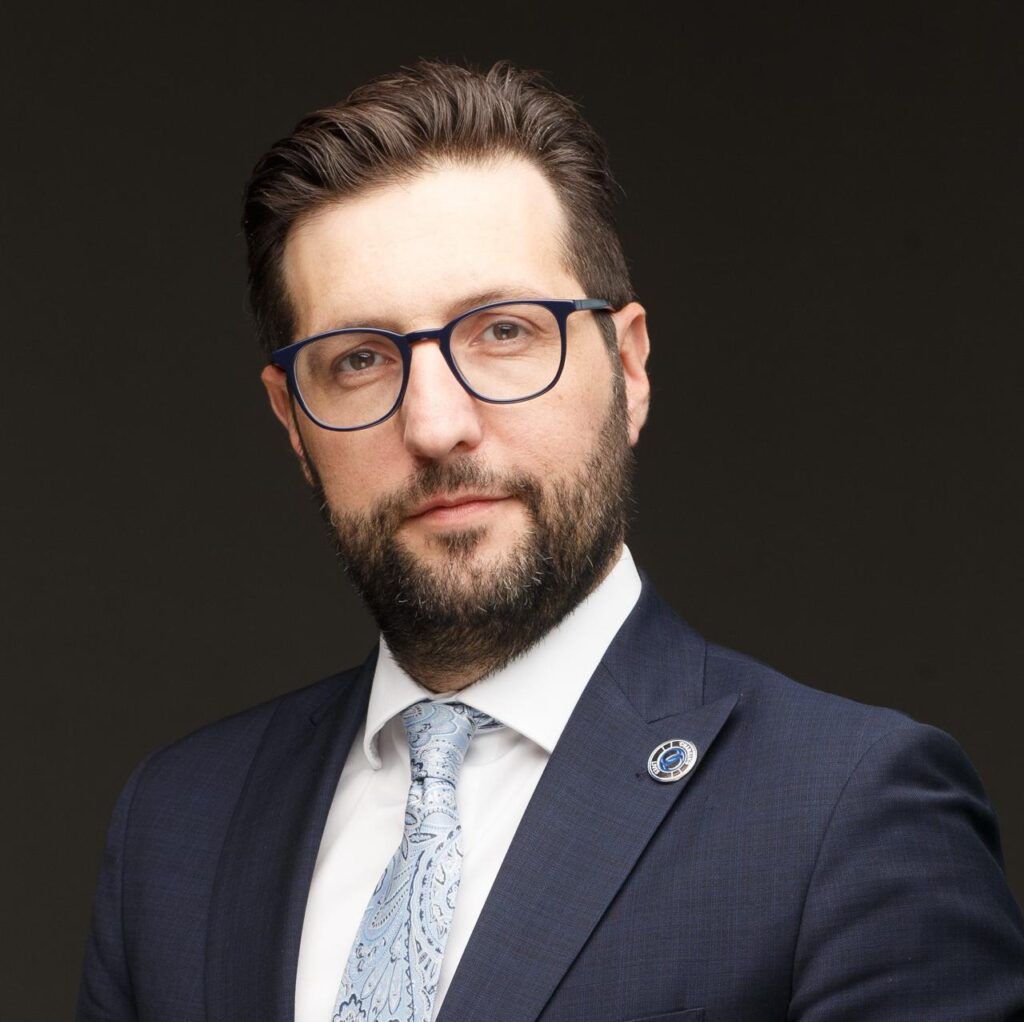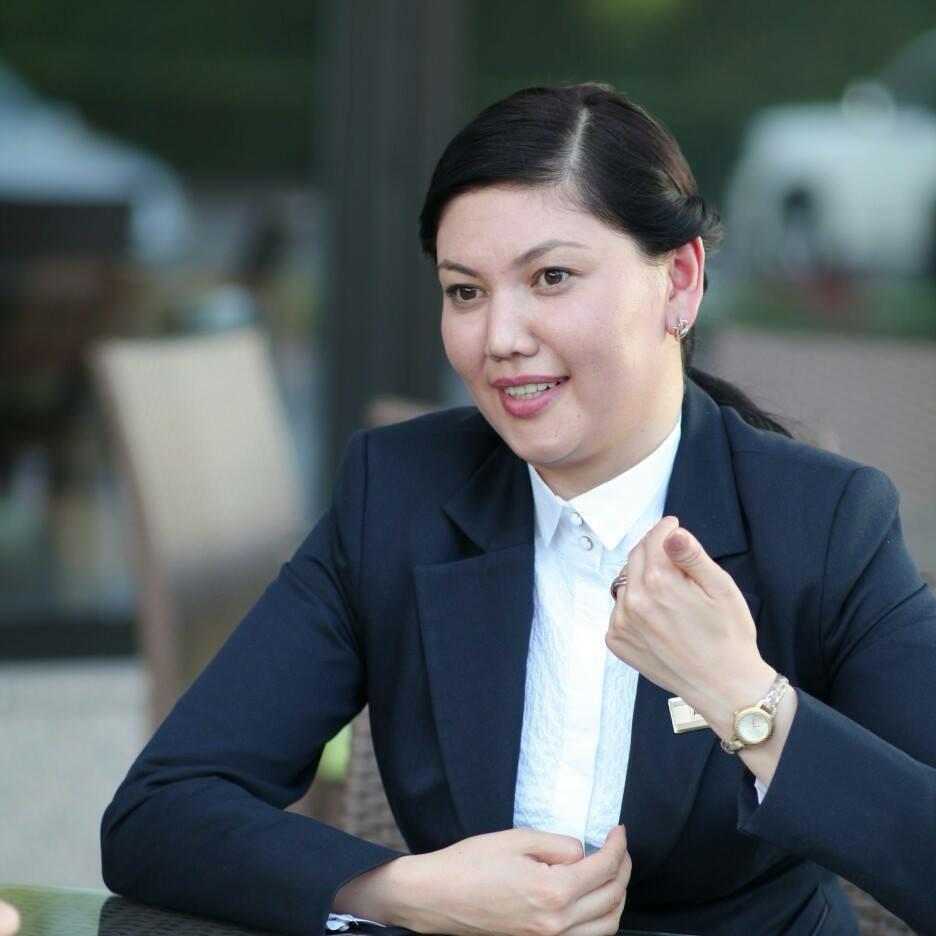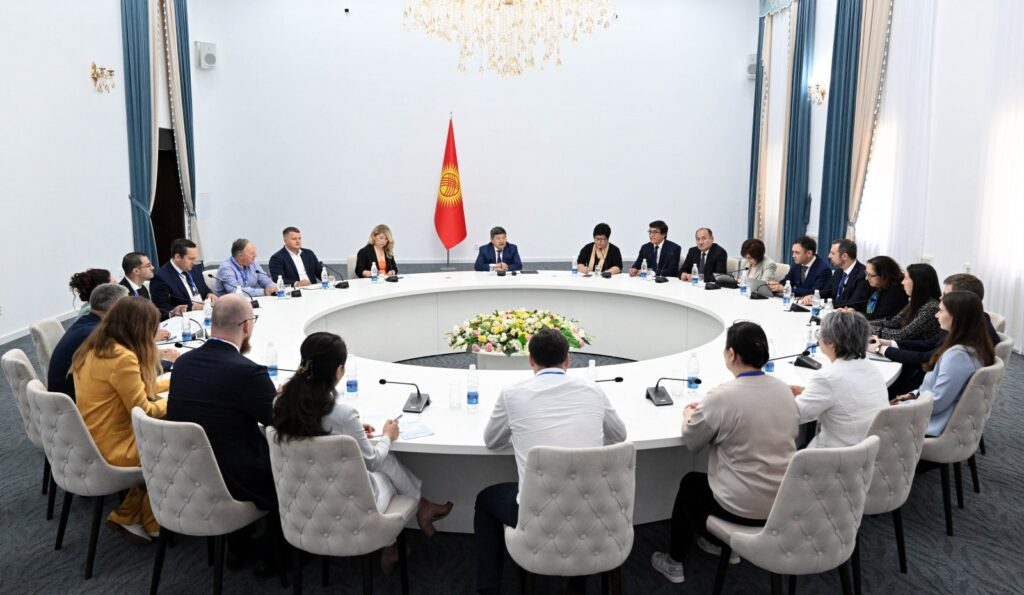Tajikistan Launches Export Support Program for Small Producers and Farmers
Tajikistan has launched a wide-reaching initiative aimed at strengthening the country’s export potential, with a particular focus on supporting small producers and farmers. According to Khurshed Zuhurzoda, First Deputy Director of the Export Agency, export support centers and export schools are being established across the regions to provide both infrastructure and education to help local products reach international markets. Empowering Farmers and Small Businesses The program, supported by the World Bank, targets small-scale farms of which there are over 200,000 nationwide, that often lack the logistical, financial, and regulatory resources necessary to export their goods. “This project is especially important for small-scale producers who do not have sufficient resources and knowledge to organize the export of their products,” Zuhurzoda said. Education, Consulting, and Promotion The initiative is grounded in the newly approved Concept for the Development of Export Support Centers and Export Schools. These institutions will offer comprehensive support to prospective exporters, including: Training in the fundamentals of international trade; Consulting on certification, customs procedures, and legal compliance; Assistance in identifying foreign partners and market entry strategies; Participation in international exhibitions and forums; Promotion of the Made in Tajikistan brand through digital and traditional media. The program aims to enhance the global visibility of Tajik products and reinforce the presence of local producers in competitive international markets. A grant from the World Bank is also funding the construction and outfitting of the first regional export centers, scheduled to open in the Gorno-Badakhshan Autonomous Region and Khatlon region by the end of 2025. Rising Trade Validates Strategic Direction Zuhurzoda noted that the program’s rollout coincides with an uptick in foreign trade. In the first half of 2025, Tajikistan’s foreign trade turnover reached $4.7 million, a 7.2% increase compared to the same period in 2024. Officials view this as confirmation that their strategy of diversifying the economy, strengthening small and medium-sized enterprises, and boosting the international competitiveness of Tajik goods is gaining traction. Amid intensifying global competition and regional shifts in trade logistics, this initiative may play a pivotal role in building a resilient and export-oriented economy in Tajikistan.

